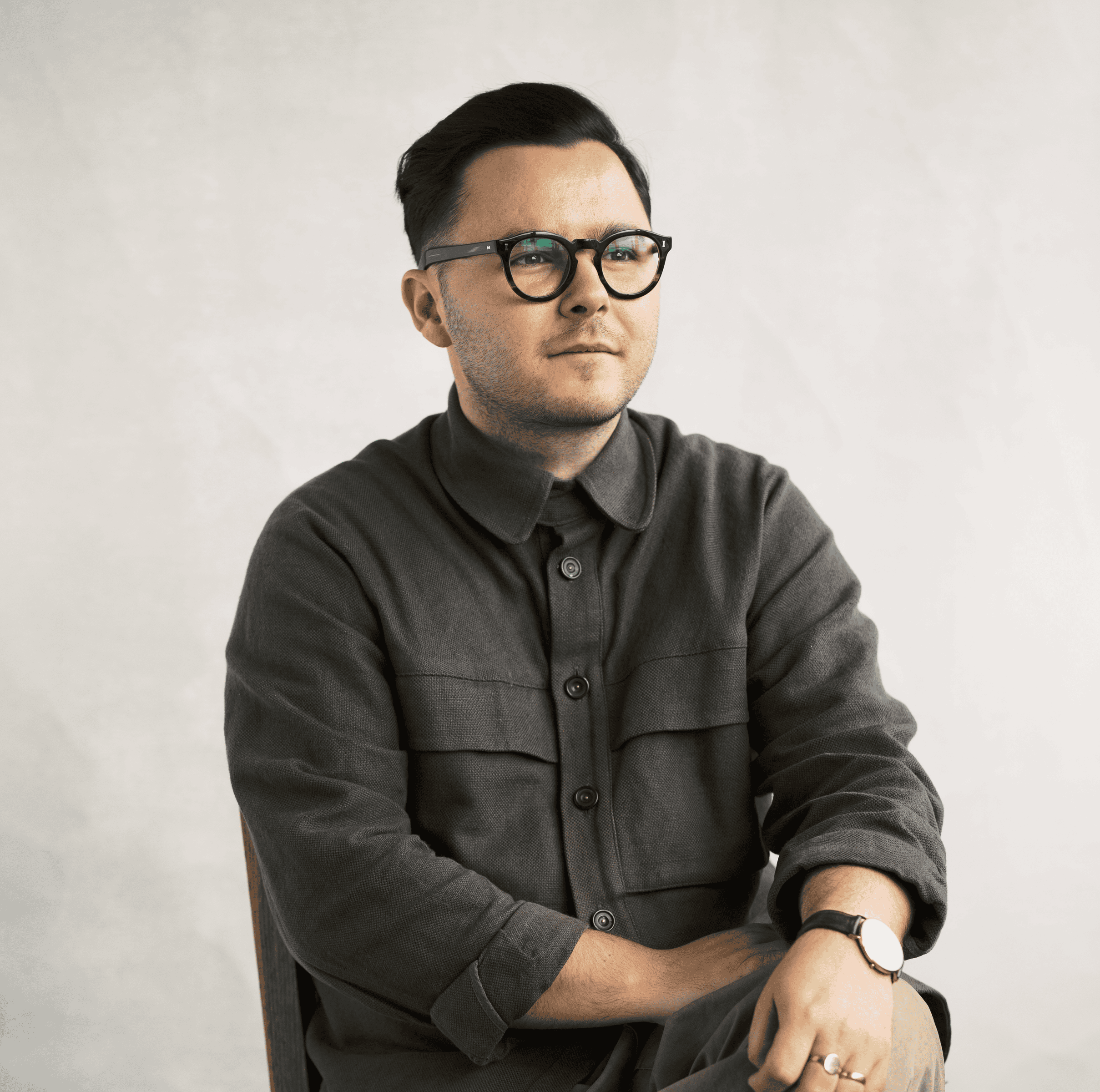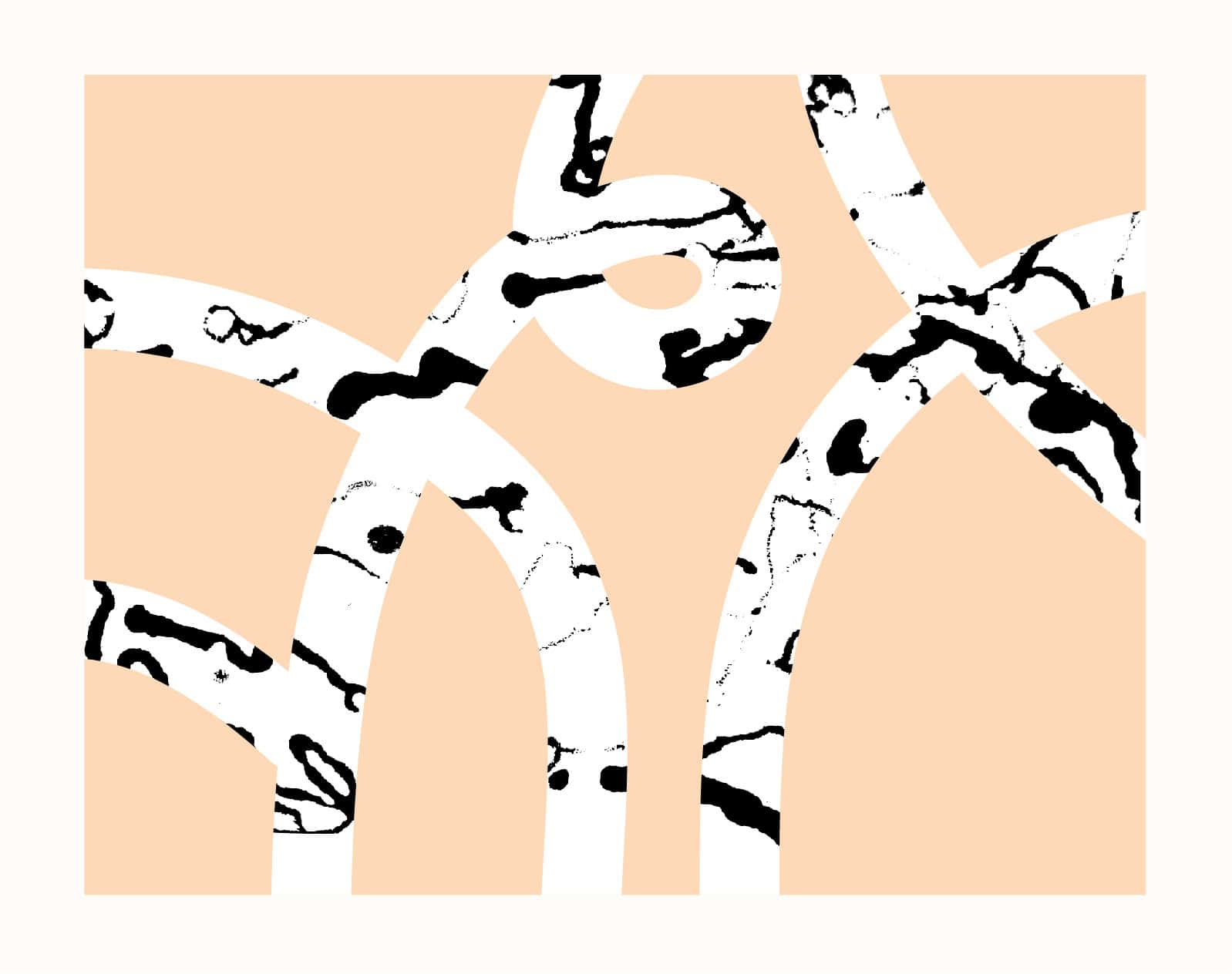
Becoming a parent can be an incredible, joyous, hideous and terrifying time. It’s a time of change, when old wounds can resurface, we can feel not good enough and we can feel tremendous pressure to live up to our own positive childhoods or not become our own parents.
You might experience pressure to prove your abilities and feel judged by those around you. You might find that depression sets in, anxiety is high or relationships that were good are suddenly floundering. You might feel let down by friends or feel a disconnect from loved ones or a partner. You might be grieving the old version of you, feel overwhelmed by the task at hand and sleep-deprived, all at the same time as being told repeatedly how lucky you are and what a wonderful time it is!
Of course, you might also feel overwhelming love, contentedness, purpose and invigoration for life. You might feel a mixture of it all at different times, all the while with another human (or humans) to tend to.
Parenting is hard, so let it feel hard
Though society can, and does appear to, champion the ‘perfect’ parent, it is so important to give space to the parts of you that are struggling with parenting or even wishes they could not be a parent just for a minute or maybe even turn the clock back. It’s so important for our growth that we find ways to allow it all.
Think about those other stages of change: honour the loss, make space for the grieving, give room to that awkward in-between where one hand is on the past and one hand is on the future; one hand on parenthood, one hand on your past self. Notice what parts of your experience are calling you to face them – the sadness, the hope, the anticipation, the gradual acceptance. Adjustment can, and will, come.
The most powerful thing we can do as parents is connect to the resistant parts about parenting – the failing, broken bits, the parts we find boring, awful and hard – and allow them space and time. Parenting might be, and often is, a continual struggle for our own autonomy and the desire to care for another. These things are often in opposition and can create great internal friction.
Parent your child, and yourself as a child
Couple this with any unresolved issues from our own childhoods, and it’s no wonder that as parents we’re often hanging by a thread. Parenting is a conscious but also an unconscious time. You are consciously in a close relationship with another human who needs looking after, feeding, loving and showing the ropes to, and one who you will come face-to-face with yourself through.
You’ll come up against your own anger, frustration, sadness, limitations, and yourself as a child – the best and the broken parts. You’ll also unconsciously come into contact with parts of yourself you’ve never met as you’ve not been a parent before. Your mental health might flounder at different points in your child’s development, and that is to be expected.
Some feelings will be connected to the huge amounts of growth you are both going through and some will be connected to your own experiences as an infant, many of which you won’t be conscious of. You’ll sometimes find the experience of being a parent impossible, sometimes incredible, and sometimes you’ll feel deep shame at the way you behave.
Parenting is a time when so much care, compassion and nurturing is needed, not just for the child but for you, too.
Be gentle with yourself. Know that it’s OK to want to run away. It’s OK to be bored, disillusioned and overwhelmed. It’s OK not to always feel gushing love for being a parent.
How to take care of your mental health when parenting feels too much
- Don’t be afraid to tell people how hard it’s feeling, if it is.
- Avoid comparing yourself to others – comparison is rife in the parenting world.
- Carve out space and time just for yourself.
- Don’t overload yourself with reading material on how to parent as this can make you feel as if you are falling short.
- Reflect on what’s happening for you and how you’re feeling about being a parent.
- Notice behaviour patterns in the way you parent that don’t make you feel good and tend to them.
- Try not to take it out on the kids – notice when and, if you do, and apologise.
- Try to engage with your own childhood at the same age as your infant. If you can, talk to your parents about yourself as a child, look at pictures, and notice what feels similar and what feels different about the experience.
- Practise holding on and letting go.
- Ask yourself often: ‘What am I doing well and what needs attention here?’
Becoming and being a parent is one of the most complex life phases. We are all the products of our own parents’ journeys and this is something that prevails. Evolution means we adapt and progress. Maybe we will not make the same mistakes as our parents, but we will make some – it’s how our children will evolve to be better than us.
Every single person arrives in the therapy room with some-thing to say about their own childhood and you will be no different. Keep an open mind and an open heart and champion a desire to give it your best – to break generational patterns of dysfunction and keep a mirror up to yourself in a way that perhaps your parents did not.



